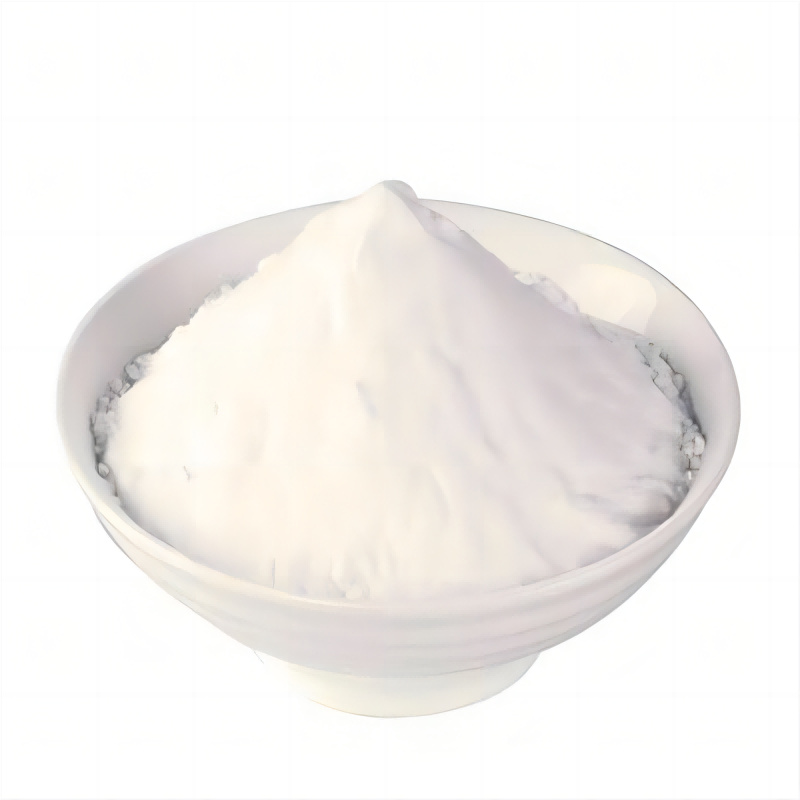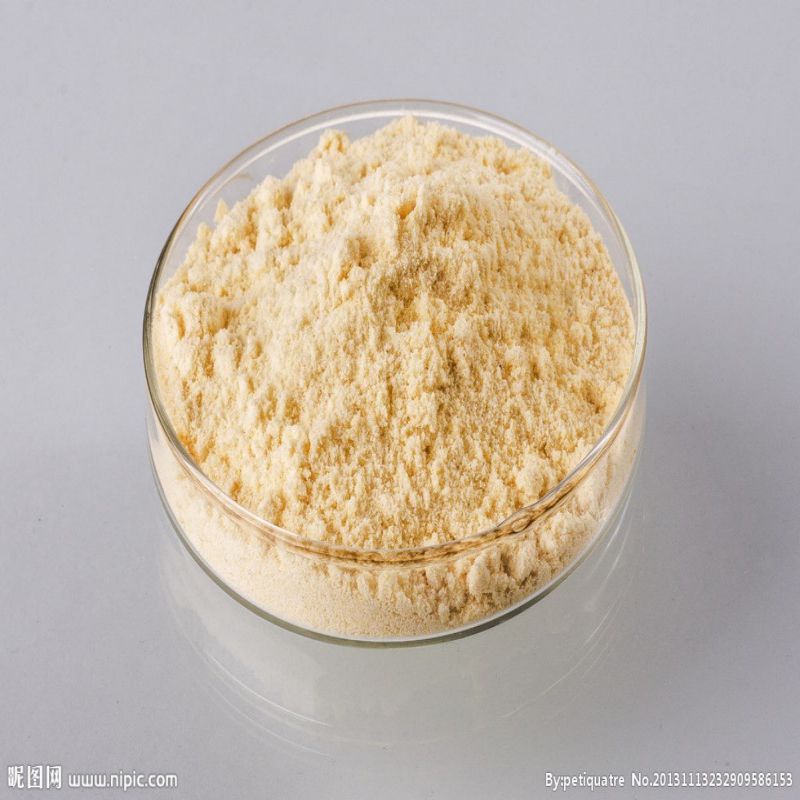Medications That May Trigger Adverse Events
Statins like Lipitor (atorvastatin) can interact with many different medications such as Paxlovid (nirmatrelvir) and the HIV medication Norvir (ritonavir). These drug interactions can change the medication's effectiveness or make side effects more likely. Norfloxacin

For these reasons, it's important that you discuss your medical history and everything you are taking with your healthcare provider before you start taking a statin.
This article discusses what medications may interact with statins like Lipitor (atorvastatin). It also covers medical conditions to report to your doctor before taking a statin.
Before taking statins, it's important to let your healthcare provider know about any medications you're taking. That includes those prescribed to you by another healthcare provider, over-the-counter (OTC) drugs, and dietary or herbal supplements.
Some medications may interact with statins by decreasing the effectiveness of the statin. Others may raise the statin level in the blood to the point where it may increase side effects, including a serious side effect called rhabdomyolysis .
Rhabdomyolysis is one of the most serious side effects of atorvastatin and other statins. It occurs when damaged muscle tissue releases harmful substances into the blood. These substances can permanently damage the heart and kidneys.
Tell your healthcare professional if you are already taking any of the medications below. If you are taking one of them, it doesn't mean that you can't take a statin. However, your healthcare professional may want to monitor you more closely since it may increase your risk of side effects.
Statins are prescribed to improve cholesterol levels. They lower LDL cholesterol (the "bad" cholesterol) and triglycerides while raising HDL ("good") cholesterol. Examples of statin medications include:
In the United States, Lipitor is one of the most commonly prescribed statin medications.
Various statin drugs are metabolized or processed by your body differently. That means the potential for drug interactions can be different with various statins. It is usually possible to select a statin that minimizes potential drug interactions, depending on which medications you're taking.
Always read the package insert to identify the drug interactions specific to the statin you are taking. Drug interactions can differ with various statins, including Crestor (rosuvastatin), Lescol (fluvastatin), Lipitor (atorvastatin), Mevacor (lovastatin), Pravachol (pravastatin), or Zocor (simvastatin).
This is a general list of drugs that you should not take with atorvastatin and/or other statin medications. Not all of these drugs interact with all statins, so it is important to discuss the medications you're taking with your healthcare provider so you can find the right statin. Keep in mind that this is not a complete list.
Certain antidepressants may increase statin levels in the blood, though others have not been shown to have the same effect. Antidepressants that can interact with statins include:
If you take an antidepressant, be sure to talk to your healthcare provider about possible statin drug interactions.
Antibiotics ending in -mycin such as erythromycin or Biaxin (clarithromycin) may increase the statins present in the blood and may also increase side effects.
Antifungal drugs ending in -azole, such as Nizoral (ketoconazole), Diflucan (fluconazole), Mycelex (miconazole), or Sporanox (itraconazole), may increase the amount of some statins in the blood. They may also increase statin side effects.
These medications also help manage high cholesterol, but they may decrease the effectiveness of certain statins. To avoid this, your healthcare provider may recommend that you take your statin dose and bile acid sequestrant dose at least four hours apart.
Certain drugs used to treat heart conditions like arrhythmia (irregular heartbeat), angina (chest pain), and high blood pressure may interact with statins. These drugs can increase the amount of statins present in the blood and increase the risk for side effects like rhabdomyolysis.
Cardiovascular medications that may interact with statins include:
Coumadin (warfarin) is a medication that helps prevent blood clots. Taking a statin along with Coumadin may slightly increase the anticoagulant effect, which can lead to an increased risk of bleeding.
Fibrates are another class of medications prescribed to lower high cholesterol. When taken with statins, they may increase the risk of experiencing statin side effects.
Medications used to treat and prevent heartburn/acid reflux can also interact with statins. These include:
HIV protease inhibitors such as Norvir (ritonavir), Agenerase (amprenavir), Crixivan (indinavir), or Viracept (nelfinavir), may increase the amount of some statins present in the blood. They may also increase side effects.
Niacin is a B vitamin that helps support your digestive system, nervous system, and skin. It is available over the counter as a supplement. Niacin is sometimes used to help lower cholesterol, but there is evidence that taking it with a statin could increase the risk of experiencing statin side effects.
In a 2013 study, participants taking 40 mg of simvastatin were given 2 g of niacin daily along with a medication to reduce niacin side effects such as flushing. The subjects taking the niacin experienced an increased incidence of muscle weakness compared to those taking a placebo.
Taking oral contraceptives and statins at the same time may increase the concentration of hormones in the body. This doesn't stop the contraception from working, but it may lead to an increased risk of related side effects.
You should avoid eating grapefruit or drinking grapefruit juice when taking most statins. Although grapefruit is believed to have little or no interaction with Crestor (rosuvastatin), it may best be avoided until discussing with a healthcare provider.
This antiviral medication is sometimes used to treat COVID-19. It may interact with Lipitor and other statins by preventing them from breaking down in your body. This can cause an increased risk of side effects such as muscle pain.
Cyclosporine is prescribed to prevent your body from rejecting a transplanted organ. When taken with statins, it may increase the number of statins present in the blood and may also increase side effects.
St. John's Wort is a supplement commonly used to treat depression and other mental health conditions. It may decrease the effectiveness of some statins.
It is important to let your healthcare professional know about any medical condition you have before you start taking statins. Chief among these is liver disease. Statins can further impair liver function, causing an elevation in liver enzymes that indicates inflammation or damage to liver cells.
Having liver disease doesn't automatically mean you can't use statins. However, it factors into the decision as to whether statins are the best or only options available. Cases of alcohol use disorder also require caution, since liver injury may occur when statins are added to the mix.
Statins are contraindicated (recommended not to be used) in pregnancy due to early reports that they may cause birth defects. Although a number of studies have questioned the association, it is nevertheless wise to avoid them.
The same applies to the use of statins during breastfeeding, since the drugs can be passed in breast milk to your baby.
Statin drugs can decrease bad cholesterol and increase good cholesterol. However, they can cause problems if you have certain medical conditions or if you're taking another medication or supplement with the statin.
Before taking statins, let your healthcare provider know if you have liver disease, or if you're pregnant or nursing. Also, be sure to tell them if you're taking any medications or supplements. They may want to monitor your condition or switch you to a different type of medicine.
Statins can be beneficial in lowering cholesterol and decreasing your risk for heart disease. However, there are many precautions to be considered.
These are only a few of the possible drug interactions. That's why it's important to discuss your medical history and all medications—prescription or otherwise—with your healthcare team before taking a statin.
It is important to remember that statins are not the only treatment for high cholesterol. Nicotinic acid, fibric acid, PCSK9 inhibitors, bile acid sequestrants, and Zeta (ezetimibe) can also be used if statins are not an option.
Centers for Disease Control and Prevention. Rhabdomyolysis.
Salami JA, Warraich H, Valero-Elizondo J, et al. National trends in statin use and expenditures in the US adult population from 2002 to 2013: Insights from the Medical Expenditure Panel Survey. JAMA Cardiol. 2017;2(1):56-65. doi:10.1001/jamacardio.2016.4700
Palleria C, Roberti R, Iannone LF, et al. Clinically relevant drug interactions between statins and antidepressants. J Clin Pharm Ther. 2020;45(2):227-239. doi:10.1111/jcpt.13058
Hylton Gravatt LA, Flurie RW, Lajthia E, Dixon DL. Clinical guidance for managing statin and antimicrobial drug-drug interactions. Curr Atheroscler Rep. 2017;19(11):46. doi:10.1007/s11883-017-0682-x
Feingold KR. Cholesterol lowering drugs. In: Feingold KR, Anawalt B, Blackman MR, et al, eds. Endotext. MDText.com, Inc.; 2021.
Wiggins BS, Saseen JJ, Page RL 2nd, et al. American Heart Association Clinical Pharmacology Committee of the Council on Clinical Cardiology; Council on Hypertension; Council on Quality of Care and Outcomes Research; and Council on Functional Genomics and Translational Biology. Recommendations for management of clinically significant drug-drug Interactions with statins and select agents used in patients with cardiovascular disease: A scientific statement from the American Heart Association. Circulation. 2016;134(21):e468-e495. doi:10.1161/CIR.0000000000000456
Hughes CA, Tseng A, Cooper R. Managing drug interactions in HIV-infected adults with comorbid illness. CMAJ. 2015;187(1):36-43. doi:10.1503/cmaj.131626
HPS2-THRIVE Collaborative Group. HPS2-THRIVE randomized placebo-controlled trial in 25 673 high-risk patients of ER niacin/laropiprant: trial design, pre-specified muscle and liver outcomes, and reasons for stopping study treatment. Eur Heart J. 2013;34(17):1279-91. doi:10.1093/eurheartj/eht05510.1093/eurheartj/eht055
Harvard Health. Grapefruit juice and statins.
Vahedian-Azimi A, Bianconi V, Makvandi S, et al. A systematic review and meta-analysis on the effects of statins on pregnancy outcomes. Atherosclerosis. 2021;336:1-11. doi:10.1016/j.atherosclerosis.2021.09.010
Lacy CF, Armstrong LL, Goldman MP, et al. Lexicomp's Drug Information Handbook. 26th ed. Hudson, OH:Lexi-Comp Inc.; 2017.
By Jennifer Moll, PharmD Jennifer Moll, MS, PharmD, is a pharmacist actively involved in educating patients about the importance of heart disease prevention.
Thank you, {{form.email}}, for signing up.
There was an error. Please try again.

Sildenafil Citrate By clicking “Accept All Cookies”, you agree to the storing of cookies on your device to enhance site navigation, analyze site usage, and assist in our marketing efforts.